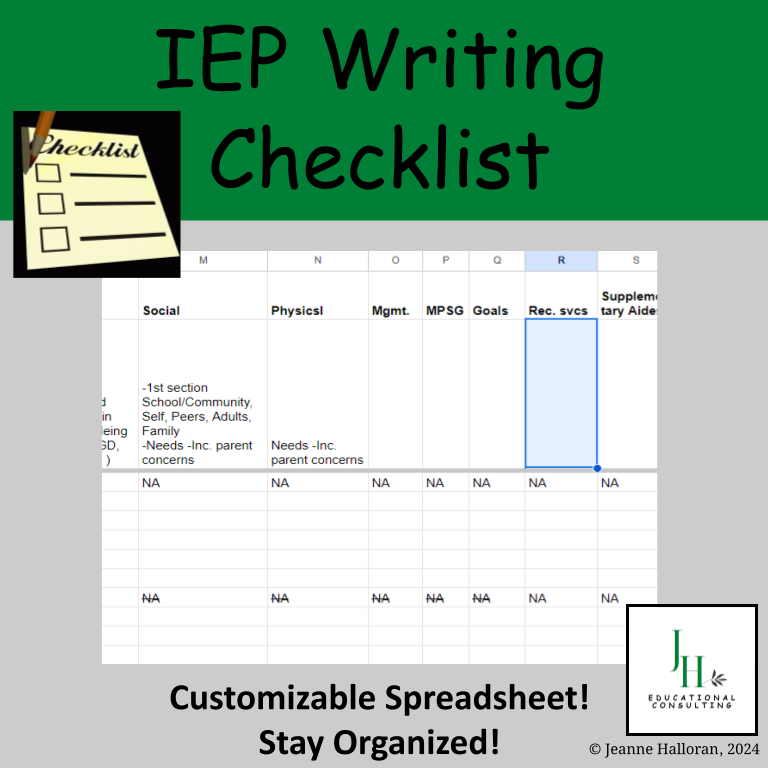Tracking and monitoring your child’s development is crucial for ensuring that they receive the support and guidance they need.
Tracking and monitoring your child’s development is crucial for ensuring that they receive the support and guidance they need.
This will allow you to alter and manipulate their at-home education in any way that they need based on any personal strengths and weaknesses they may be displaying. There are certain developmental milestones they should be hitting that you can use as a base for guidance and understanding. If you fear your child may fall slightly behind, there is no need to worry just yet, as there are perfectly normal reasons for your child not to hit their developmental marks directly.
If you are worried, however, then read this article. Suppose your 18-month-old, for example, is not yet talking, and you worry that this may be an issue or cause an issue later on. In that case, this guide will talk you through any ways you can help with their language development and offer reassurance as to why this may be happening.

Your child should love playing and exploring at this age, and their newfound mobility and personality should open them up to a new world of possibilities and wonder. They are beginning to show independence through playing pretend and pointing to objects they want. Typically speaking, an 18-month-older is now walking and using basic words. Try not to worry if this is not the case for you, as the range of a child’s development is wide and varies. Some children can say 70 words at 18 months. For others, it may take longer, and there may be fewer. Ideally, by 18 months, your child should know between 6 and 20 words while understanding many more. If your little one can say fewer than six words, you may wish to speak to a GP or health visitor for advice and/or reassurance.
At 18 months old, the most important developmental features your toddler should be displaying are receptive language skills. This can be displayed without talking and is a key part of their development which you want to avoid any delay. Receptive language skills mean they understand what is being said to them. At 18 months old, your child should typically be displaying clear understanding when it comes to following directions, pointing to several pictures in books, pointing to objects/people in their environment when asked, and pointing to several body parts. This means they can recognize and remember aspects of their lives and then relay and identify them later.
If your child is not talking by 18 months old, the most common reason for this is that they are not there yet. A child’s development is personal and varies completely. It’s individual to the child, and if you worry that your 18-month-old is falling behind, it’s most likely not a cause for concern. Some children reach their developmental milestones quicker than others, some may take longer to get there, and others may take longer for certain milestones. A child may start walking long before they are expected to, but their speech may be delayed. There is no one way a child displays development; if your toddler is not speaking yet, it does not mean this will negatively affect their development in the future.
If you are worried, however, there is no harm in reaching out to a GP or health visitor or implementing certain changes to their routine, which may give them the boost they need. The only real concern is if they are not displaying any signs of responsive language, as suggested above.
A common misconception is that no talking means no communication. This is not the case, and your child’s lack of speech doesn’t mean they don’t want to communicate or don’t know how to. There are many signs to look for that suggest your child is trying to communicate and show that they have the correct responsive language skills for their age. Some of these are listed below:
While they play, they babble to themselves. Although not with proper words, babbling will still sound like speech as there will be features of rhyme and various volumes to convey meaning.
There are plenty of ways to encourage your toddler to talk. Slight adjustments to your routine and how you interact with them can make a difference and improve their speech. Some of these are listed below:
If your 18-month-old is not talking at this stage, there’s no reason to worry. Every child develops at different speeds, which does not mean it will impact their development in the future. Try implementing the knowledge you have gained throughout this article into your daily routines; you should see the difference in no time.